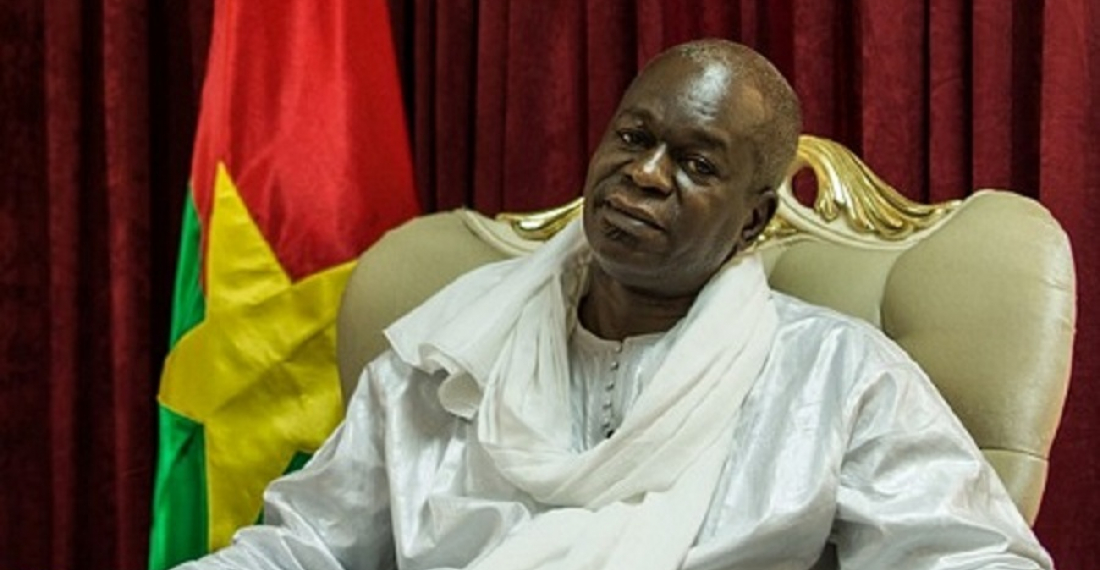Burkinabè president Roch Marc Christian Kaboré dismissed on Wednesday (30 June) his ministers of defence, Chérif Sy, and of security, Ousséni Compaoré. This cabinet reshuffle follows the rise of jihadist violence in the country, which led to demonstrations of anger by thousands of Burkinabès.
The ministers' resignations had been demanded in the aftermath of bloody terrorist attacks. The massacre that occurred during the night of 4-5 May in the village of Solhan, that claimed the lives of at least 132 civilians, led many to request Chérif Sy's departure from the cabinet, accusing the army, stationed about 15km away, of having left the victims to their fate. Ousséni Compaoré faced similar treatment when on 21 June, 11 police officers were ambushed in the center-north of the country.
Moreover, the political opposition called for marches on 3 and 4 July, to denounce the deterioration of the security climate and to demand the departure of the prime minister, Christophe Dabiré and ministers Sy and Compaoré.
The reshuffle was announced on national television on 30 June by the secretary general of the government, Stéphane Sanou. The former minister for African integration, Maxime Koné, becomes the new minister for security, whilst President Kaboré himself assumes the duties of minister of national defence and veterans.
Kaboré will be assisted in this new position by Colonel-Major Aimé Barthelemy Simporé, appointed to the post of minister delegate for national defence.
“A new government is in place. The cabinet reshuffle that took place on 30 June 2021 is part of my desire to breathe new life into our commitment to the major challenges facing our nation," wrote president Kaboré on his Twitter and Facebook accounts. "The accompaniment and support of all the sons and daughters of Burkina Faso will be the seeds of this new executive, in building a secure nation of peace and prosperity," he added.







